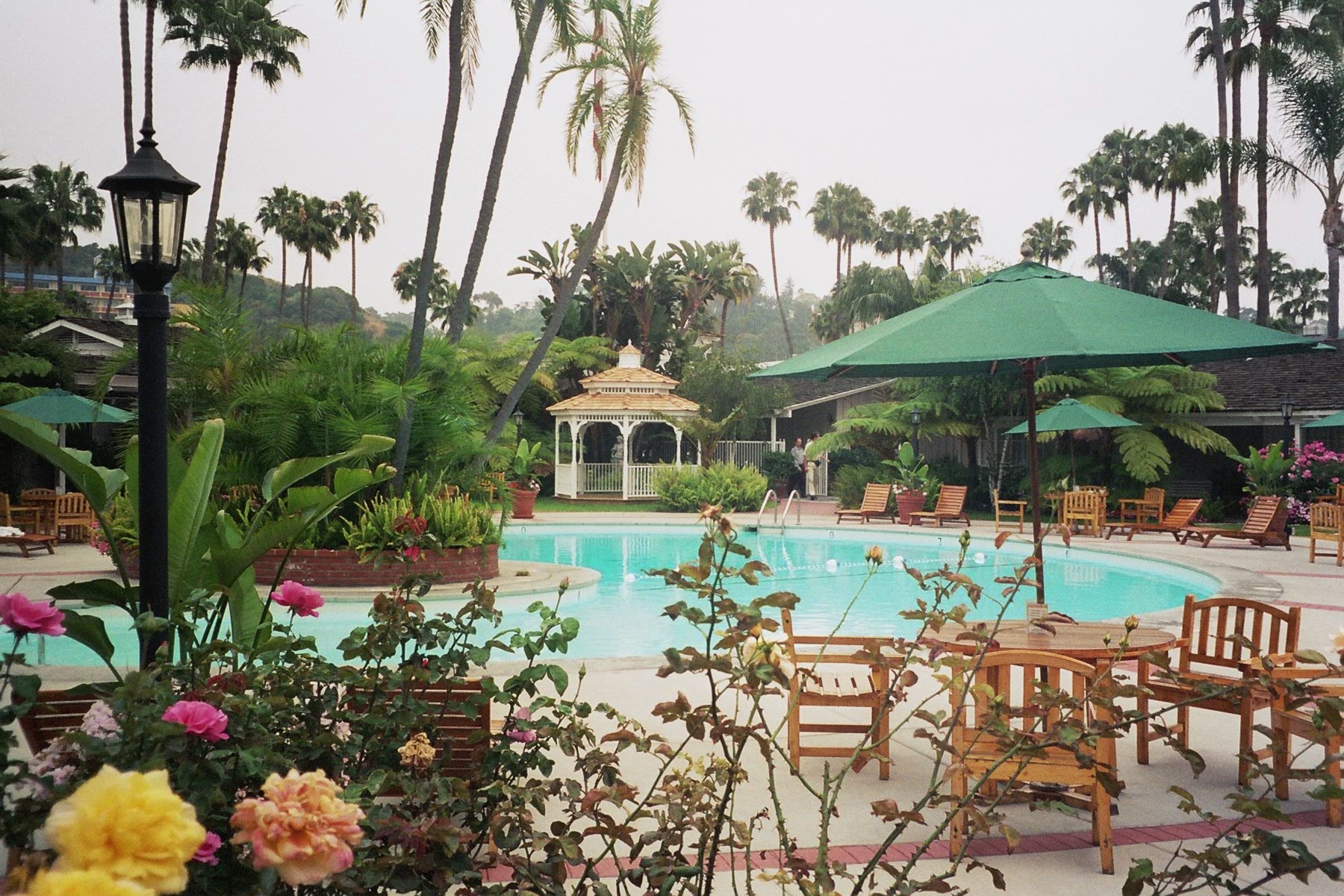|
Escalle, Larkspur, California
The Escalle region of (what is now) Larkspur, California takes its name from Jean Escalle, a 19th-century French immigrant and vintner whose name was given to many things in the area before it was incorporated into Larkspur, including the local railway station, and a vineyard, quarry, resort, and brickworks that he owned. The site of the buildings that remain from the original estate at (what is now) 771 Magnolia Avenue is a class H historic zone. Jean Escalle and the development of the settlement With his brother Pierre, Jean Escalle immigrated to Larkspur in 1881 from France, to join his friend and fellow French immigrant Claude Callot in operating a brickworks. Callot had been operating the brickworks since 1874, having leased it from a Patrick King that year and then outright bought it in 1879; and in the year of the arrival of the Escalles they together built a house, a barn, a water-tank, and a winery on Callot's property, which was on the lower slopes of Little King Moun ... [...More Info...] [...Related Items...] OR: [Wikipedia] [Google] [Baidu] |
Unincorporated Area
An unincorporated area is a region that is not governed by a local municipal corporation. Widespread unincorporated communities and areas are a distinguishing feature of the United States and Canada. Most other countries of the world either have no unincorporated areas at all or these are very rare: typically remote, outlying, sparsely populated or List of uninhabited regions, uninhabited areas. By country Argentina In Argentina, the provinces of Chubut Province, Chubut, Córdoba Province (Argentina), Córdoba, Entre Ríos Province, Entre Ríos, Formosa Province, Formosa, Neuquén Province, Neuquén, Río Negro Province, Río Negro, San Luis Province, San Luis, Santa Cruz Province, Argentina, Santa Cruz, Santiago del Estero Province, Santiago del Estero, Tierra del Fuego Province, Argentina, Tierra del Fuego, and Tucumán Province, Tucumán have areas that are outside any municipality or commune. Australia Unlike many other countries, Australia has only local government in Aus ... [...More Info...] [...Related Items...] OR: [Wikipedia] [Google] [Baidu] |
Resort
A resort (North American English) is a self-contained commercial establishment that tries to provide most of a vacationer's wants, such as food, drink, swimming, lodging, sports, entertainment, and shopping, on the premises. The term ''resort'' may be used for a hotel property that provides an array of amenities, typically including entertainment and recreational activities. A hotel is frequently a central feature of a resort, such as the Grand Hotel at Mackinac Island, Michigan. Some resorts are also condominium complexes that are timeshares or owned fractionally or wholly owned condominium. A resort is not always a commercial establishment operated by a single company, but in the late 20th century, that sort of facility became more common. In British English, "resort" means a town which people visit for holidays and days out which usually contains hotels at which such holidaymakers stay. Examples would include Blackpool and Brighton. Destination resort A destinatio ... [...More Info...] [...Related Items...] OR: [Wikipedia] [Google] [Baidu] |
Adolph Tiscornia
Adolf (also spelt Adolph or Adolphe, Adolfo and when Latinised Adolphus) is a given name used in German-speaking countries, Scandinavia, the Netherlands and Flanders, France, Italy, Spain, Portugal, Latin America and to a lesser extent in various Central European and East European countries with non-Germanic languages, such as Lithuanian Adolfas and Latvian Ādolfs. Adolphus can also appear as a surname, as in John Adolphus, the English historian. The female forms Adolphine and Adolpha are far more rare than the male names. The name is a compound derived from the Old High German ''Athalwolf'' (or ''Hadulf''), a composition of ''athal'', or ''adal'', meaning "noble" (or '' had(u)''-, meaning "battle, combat"), and '' wolf''. The name is cognate to the Anglo-Saxon name '' Æthelwulf'' (also Eadulf or Eadwulf). The name can also be derived from the ancient Germanic elements "Wald" meaning "power", "brightness" and wolf (Waldwulf). Due to negative associations with Ado ... [...More Info...] [...Related Items...] OR: [Wikipedia] [Google] [Baidu] |

